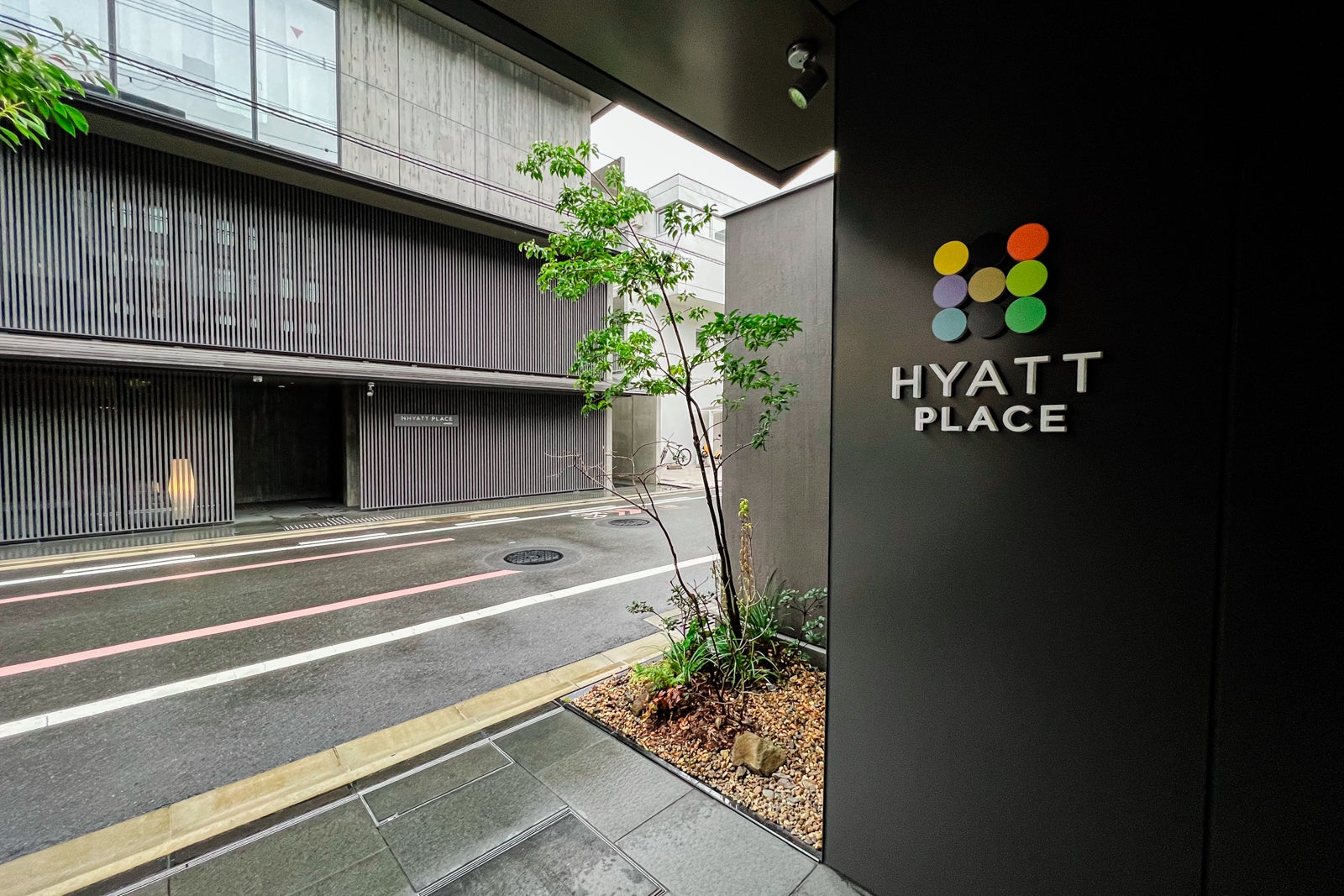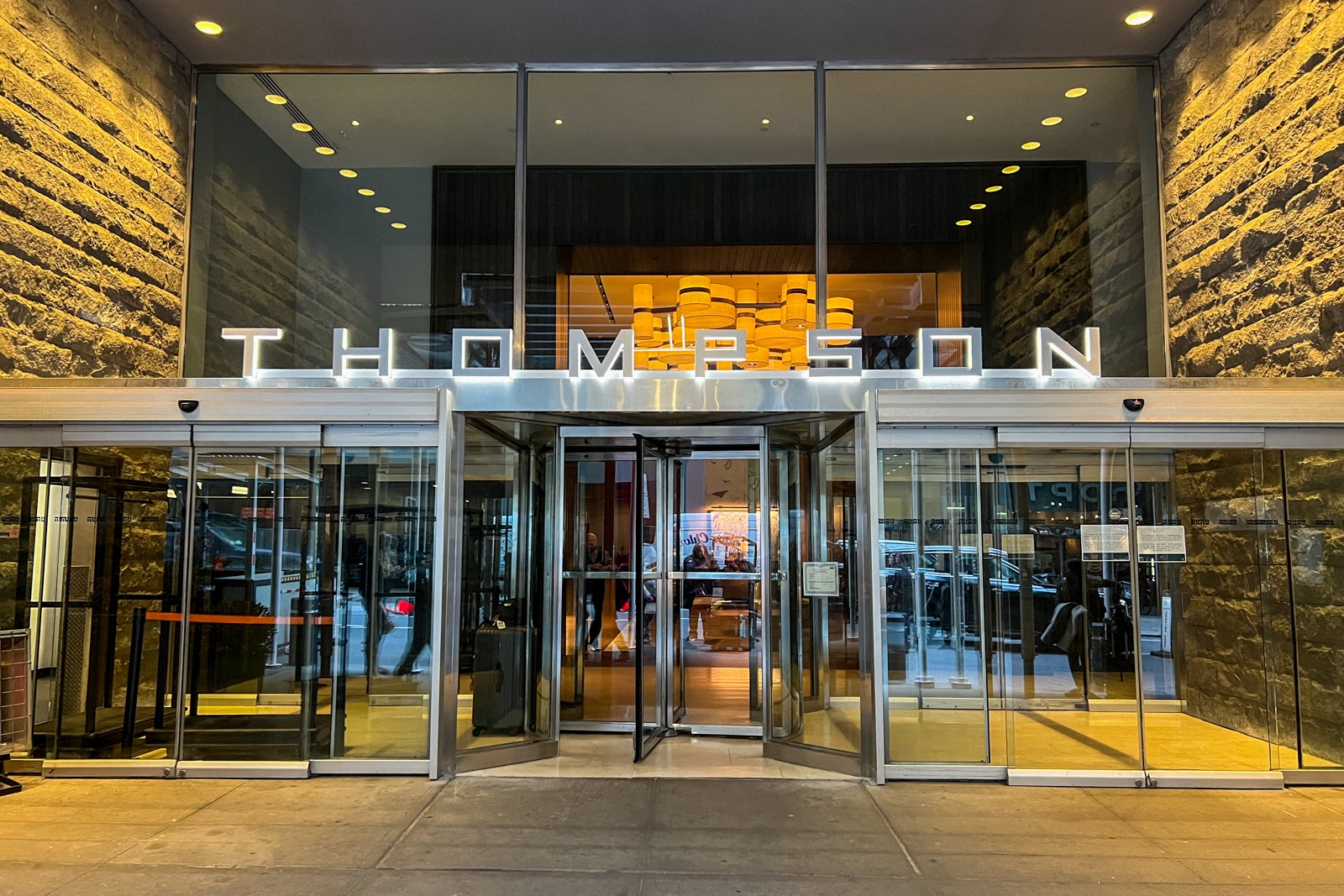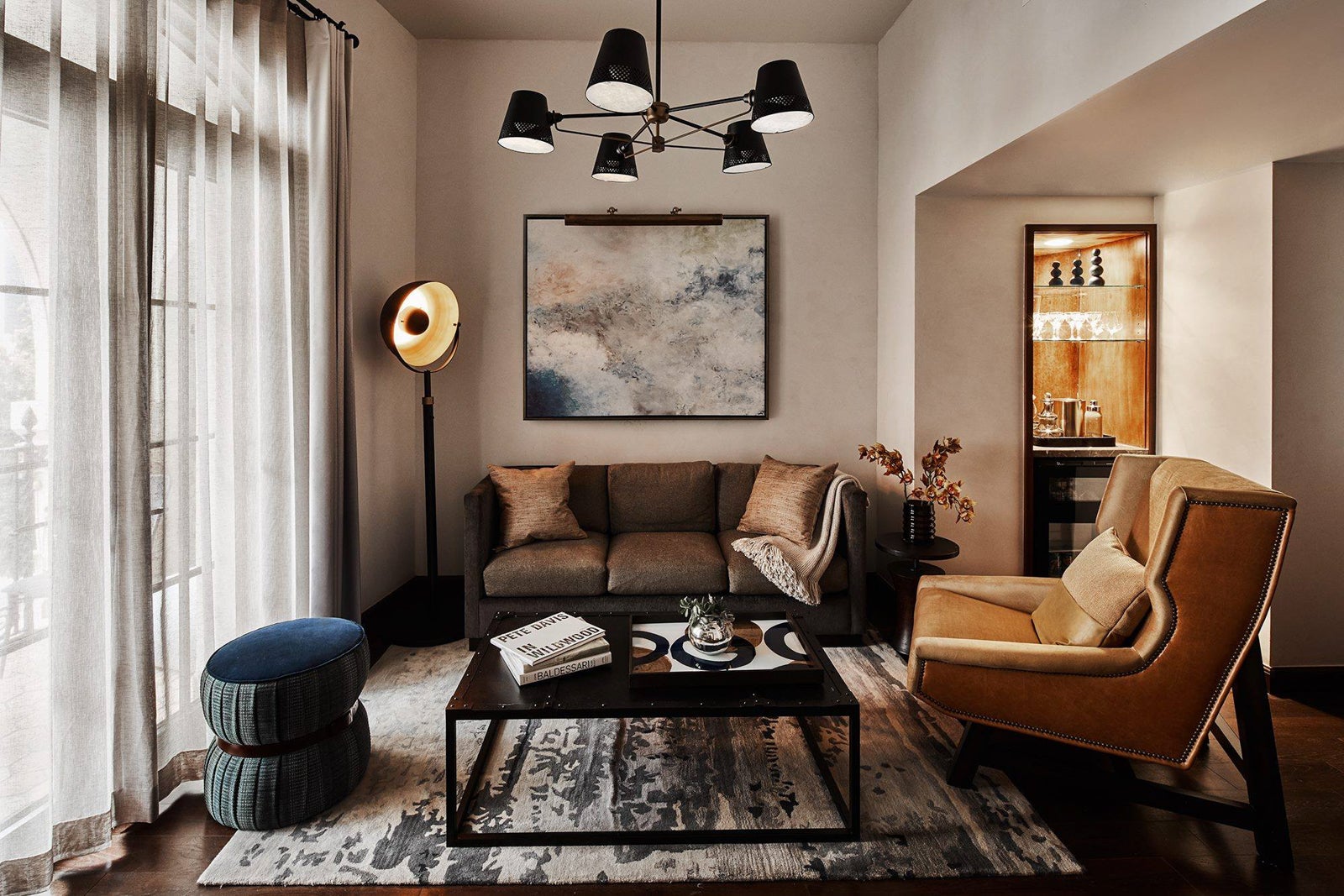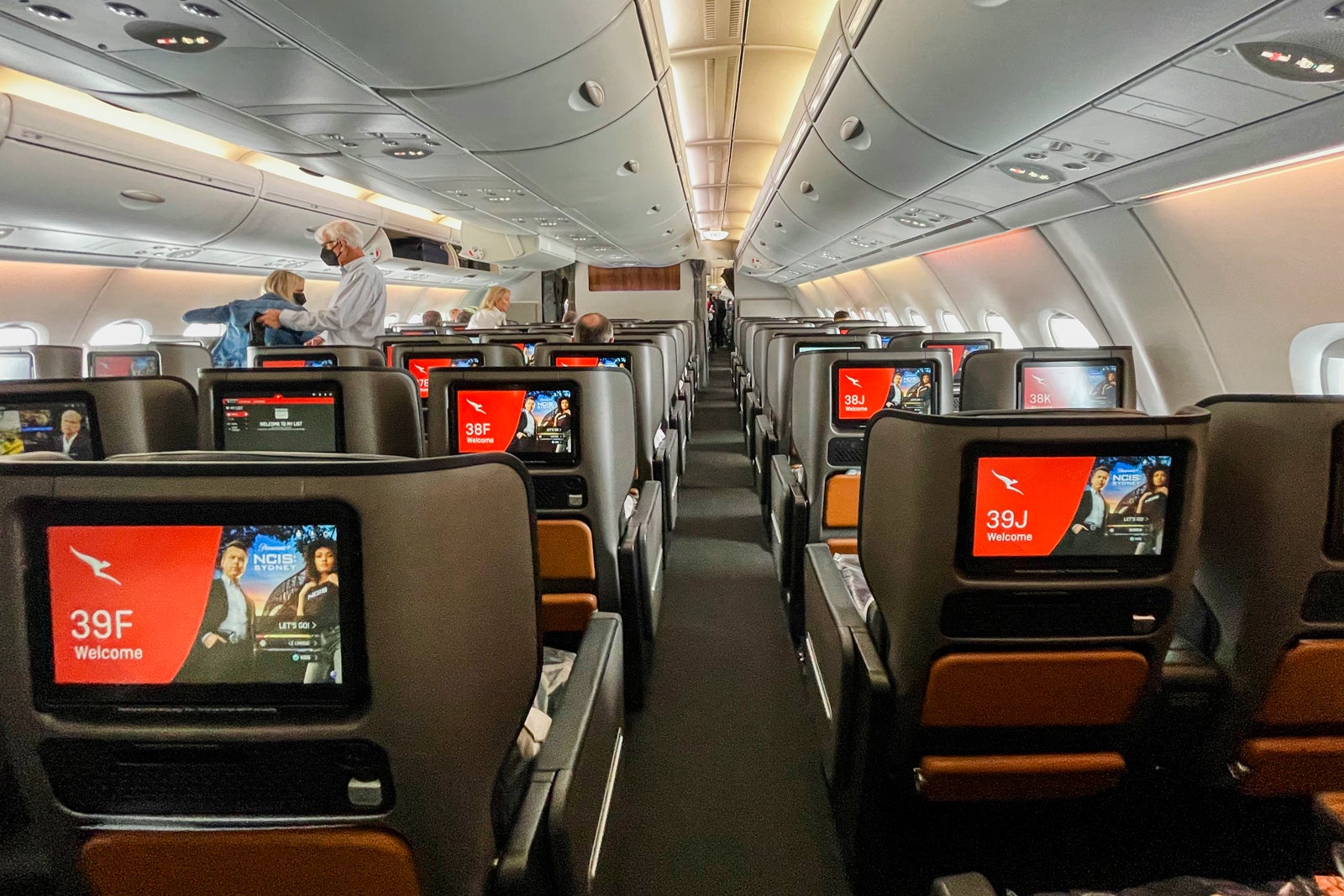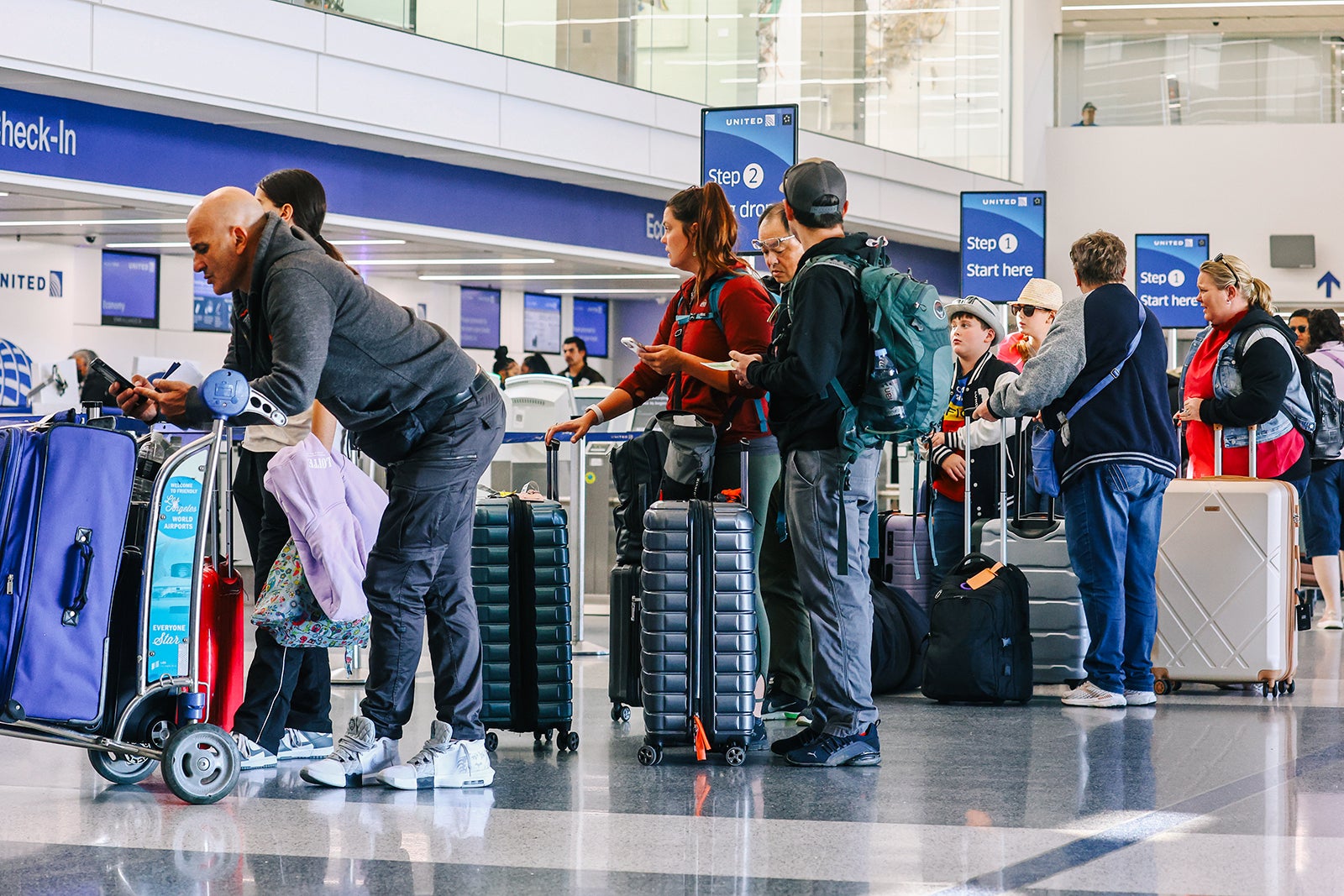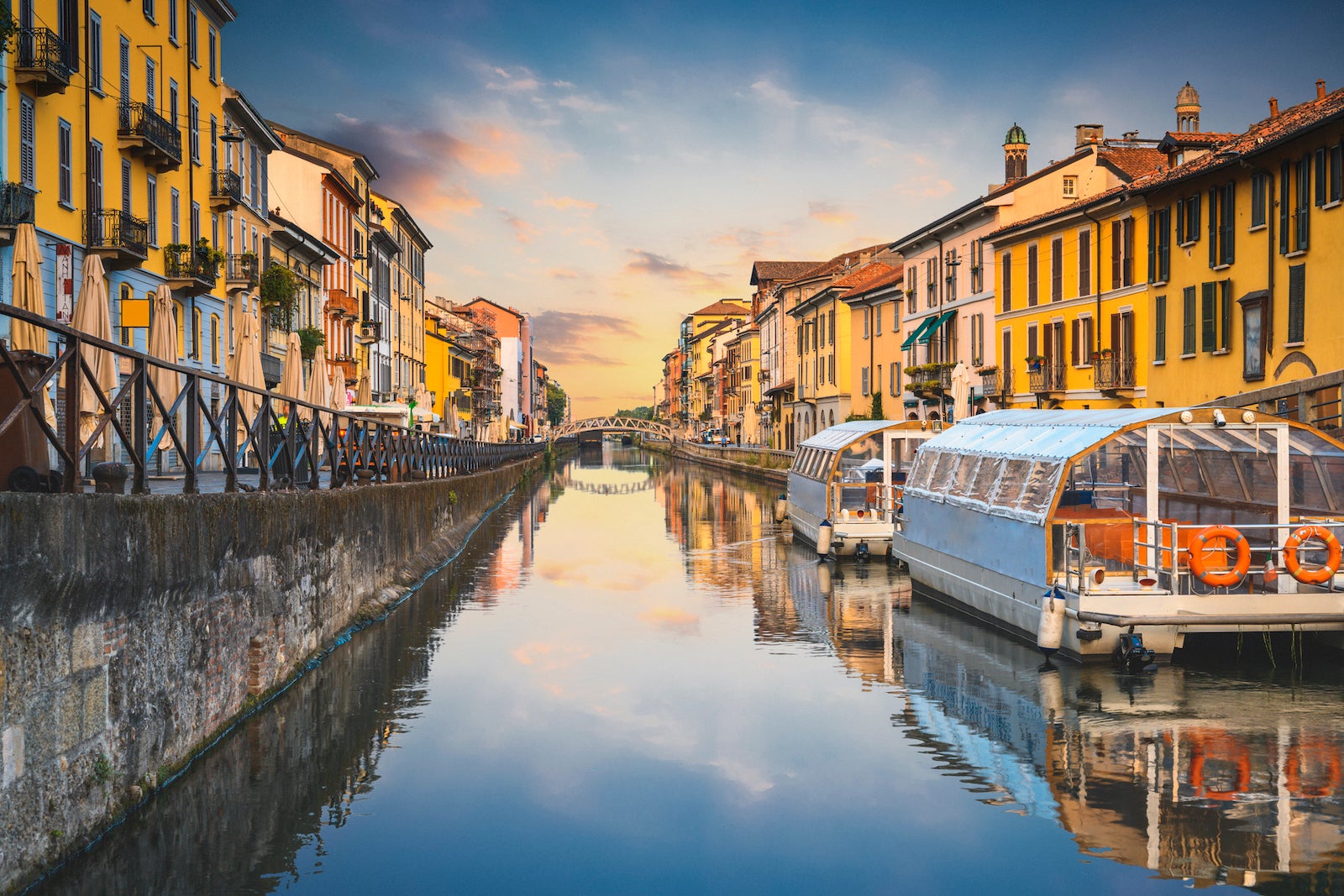Hyatt highlights neurodivergent travelers’ needs in new initiative to improve hotel experience
Reliable information regarding hotel accessibility can be murky at best, and the broader hotel industry often comes up short in making this travel experience as easy as possible. Hyatt leaders are showing the company is taking this seriously in a new initiative highlighting the needs of neurodivergent travelers and what needs to be done to improve the travel experience from booking to checking out.
The Chicago-based hotel giant partnered with KultureCity, a nonprofit group focused on sensory accessibility and acceptance for those with invisible disabilities, as well as consultants with New York University’s Jonathan M. Tisch Center of Hospitality, to conduct a survey to better inform hotels on what needs to be done to make the industry a more welcoming space for neurodivergent travelers.
“This new research, in connection with our disABILITIES Diversity Business Resource Group and feedback from guests, customers and World of Hyatt members, are our guideposts for further advancing our care for this important and growing community,” said Mark Vondrasek, Hyatt’s chief commercial officer. “We know there is room to drive awareness on invisible disabilities within the hospitality industry, and we’re committed to creating more inclusive spaces.”
The findings
The survey found various areas where hoteliers can improve processes in both the research and booking phase of travel and at the property level once guests arrive.
Nearly 70% of caregivers and more than half of neurodivergent travelers said they would disclose their neurodiversity during the booking process for a hotel to better serve them. More than 75% of neurodivergent business travelers said they would be willing to disclose their neurodiversity in this process.
In turn, this self-disclosure compels hotels to offer training to staff members to increase the understanding and inclusion of neurodivergent travelers.
The Hyatt Regency Aqaba Ayla in Jordan is a Certified Autism Center, while properties like the Hyatt House Seattle/Bellevue, Hyatt Place Salt Lake City/Downtown/The Gateway and Hyatt Place Philadelphia/King of Prussia have KultureCity’s Sensory Inclusive Certification, meaning teams are trained to ensure accessibility and offer sensory aids like headphones and fidget tools.
Hyatt is also testing out new “Hyatt Has It” items, including sensory aids and weighted blankets, catered to neurodivergent travelers at four properties.
More than half of neurodivergent respondents said they’d like more visual layouts of properties (think: floor plans and 3D virtual tours) to make their travel experience easier. The Thompson Central Park New York and the Grand Hyatt Vail are some of Hyatt’s hotels already doing this, and more are exploring this capability.

Daily Newsletter
Reward your inbox with the TPG Daily newsletter
Join over 700,000 readers for breaking news, in-depth guides and exclusive deals from TPG’s experts
More than 60% of caregivers said pre-assigned rooms could make the check-in experience easier by allowing guests to pick a room based on their individual needs. They also noted they’d like hotels to be flexible, as needs can change upon arrival and being in a new environment. Hyatt guests can make a request for (but not actually select) a specific room location when booking through direct Hyatt channels, and the company maintains it is committed to enhancing its digital platform with accessibility in mind.
“We’ve prioritized several initiatives designed to enhance accessibility across our digital platforms, starting with the hire of our first Principal Accessibility Specialist,” Vondrasek said. “This is one example of how we’re bringing our inclusive environment to life — making sure everyone has a seamless and accessible experience from the beginning of the travel journey all the way through their stay.”
At the hotel, more than half of neurodivergent travelers are looking for digital check-in and checkout to limit on-property interactions. In-room sleep offerings and well-being spaces can also increase comfort, especially for younger neurodivergent travelers.
Roughly 60% of millennial and Generation Z neurodivergent travelers and caretakers said they would welcome sleep gadgets like pillow menus, sleep masks and sound machines to make their stay more comfortable. More than half of neurodivergent travelers also said they would utilize well-being spaces.
Hyatt’s collaboration with Headspace, where guests can access colored noise content via the World of Hyatt app or in-room TVs at select hotels, addresses some of this. Hotels like the Park Hyatt New York and Hotel Figueroa, part of the Unbound Collection by Hyatt, also offer various sleep amenities to help guests get some more restful shut-eye.
“Individuals with invisible disabilities are often misunderstood, and our collaboration with Hyatt aims to change that by directly listening to the community,” Sean Culkin, KultureCity team member, autism self-advocate and member of the neurodivergent community, said in a statement.
What to expect from Hyatt
While Hyatt played an important role in the survey, the company and its competitors still are a way out from implementing widespread offerings for the neurodivergent community throughout the entire travel journey. But leaders recognize this and maintain awareness via the survey is making a very important first step.
“Transparently, we are on a learning journey here, much like the industry at large. Our initial approach is all about listening, learning from what Hyatt hotels are already doing and sharing our survey findings to spur action across the industry,” Vondrasek said. “In doing this, we found many opportunities to support the diverse community of neurodivergent travelers and uncovered the strides many of our hotels are making to meet them and their caregivers where they are.”
But there’s a personal motivation for Hyatt leaders, too.
“A couple of my close colleagues are parents of neurodivergent children who regularly make a series of decisions to make travel more comfortable for their little ones — and sometimes have to hold on traveling at all,” Vondrasek added. “We’ve talked about how there’s still much more to do. As an industry, we are becoming more aware of neurodivergent guests’ needs — across families, solo guests and business travelers — which is why so many of our hotels are championing this work, and many of our owners and GMs are so open to exploring more neuroinclusive offerings.”
Bottom line
Improving the travel experience for neurodivergent travelers is the right thing to do. Full stop. But there’s also a business case for it, too.
One in every four people in the U.S. has a sensory need or invisible disability — including those with autism spectrum disorder, dyslexia and attention-deficit disorder — according to KultureCity. More than 90% of neurodivergent individuals and caretakers of neurodivergent individuals in the U.S. plan to travel at least one night this year.
Wouldn’t it be smart to leave a great impression on this hefty number of travelers so they keep coming back to your hotel?
Related reading:

